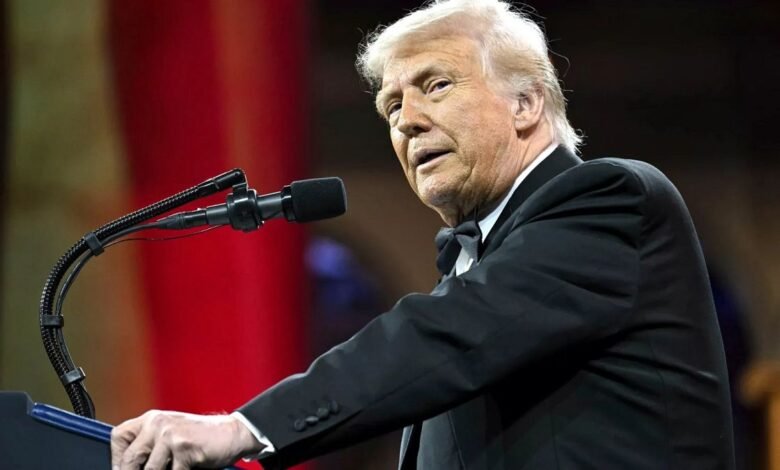The ‘tariff man’ takes no break: US pharmaceutical tariffs are on the way

The US President is not done with charts and levies. He instead appears to stand by his promise to impose further sectoral tariffs, despite the major bloodshed seen on global markets in recent days.
“We are going to be announcing very shortly a major tariff on pharmaceuticals,” Donald Trump said at a fundraising dinner with Republicans on Tuesday, offering no further details.
Trump’s desire to bring more pharmaceutical production to the US is one motivation behind the tariffs, and the country is currently the biggest buyer of pharmaceuticals.
However, some of the largest exporter countries may prefer to swallow the extra costs of the tariff rather than move their production. India, for instance, is one of the largest exporters of generic pharmaceuticals to the US. In terms of dollar value, it accounts for 6% of US imports, according to a note from ING’s sector economist Diederik Stadig.
Generic drugs are cheaper copies of branded drugs which use the same ingredients as products originally protected by chemical patents.
“We think it’s unlikely that the largest Indian generic pharmaceutical manufacturers will shift (part of) their manufacturing to the US, simply because production in India is cheaper,” Stadig said.
Which countries could be the hardest hit in Europe?
On the other hand, European companies producing not generic but branded pharmaceuticals, usually working with higher margins, could see investing in manufacturing in the United States as a viable alternative.
According to Stadig, “this would also entail less pharmaceutical production in Europe. In turn, this could cost jobs and hamper economic growth”.
The European countries most exposed to the potential tariffs from the US are Ireland, Germany, and Switzerland. The Netherlands, Italy and Belgium also export a significant amount of pharmaceuticals to the US.
Is Europe prepared?
Major players in the sector, including Novo Nordisk, Bayer and Sanofi, took part in a call with European Commission President Ursula von der Leyen on Tuesday morning, discussing the implications of US trade measures.
Officials on the call warned that potential tariffs on the pharma sector could harm both European and American patients by disrupting global supply chains and reducing the availability of vital medicines.
The European Commission expressed their interest in negotiating a solution with the US administration, stressing the importance of a more cooperative transatlantic pharmaceutical market.
Source link



